Rent storage space: How to find the perfect storage space | goldpferd
Renting Storage Space: Everything You Need to Know
Whether for personal or business purposes, renting a storage space can be a practical solution to solve space issues.
In this article, you will learn why renting storage space is beneficial, how to find the right storage unit, and what to consider when using one.
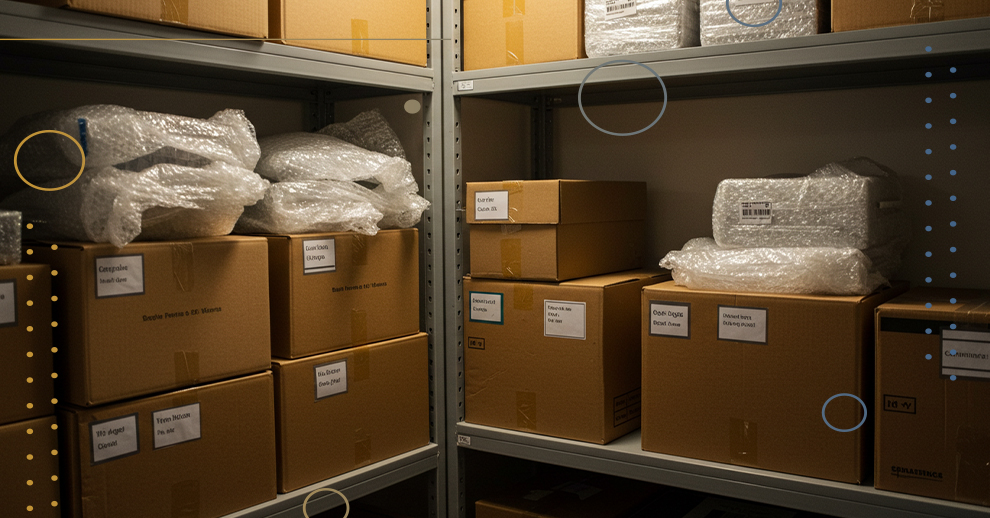
Why Should You Rent Storage Space? Benefits and Reasons
Renting storage space offers numerous advantages for both individuals and businesses. Here are the key reasons:
Additional Space
A storage unit frees up space in your home or office.
Whether you need to store furniture, seasonal items, or business documents, a storage unit provides the necessary capacity.
Seasonal Storage
Seasonal items such as Christmas decorations, garden furniture, or winter clothing often take up a lot of space.
A storage unit allows you to keep these items safely stored when they are not in use.
Business Use
Companies can use storage units to store goods, documents, or equipment.
This is a cost-effective alternative to owning a warehouse, especially for small businesses or online retailers.
Flexibility
Storage units offer maximum flexibility with short-term rental agreements, often cancellable on a monthly basis.
You only pay for the space you use, with unit sizes ranging from 1 m² to 50 m². This makes them ideal for moving, renovations, or seasonal storage. Many providers also offer 24/7 access.
According to DSSV, 60% of customers use storage spaces for personal purposes, while 40% use them for business.
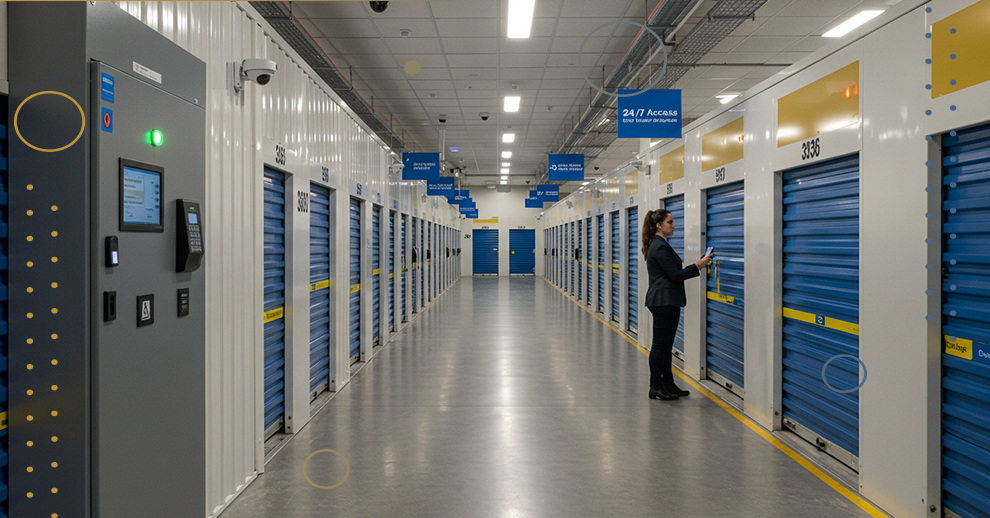
Security
Modern storage facilities provide high security with 24/7 surveillance cameras, alarm systems, and electronic access controls.
Only authorized persons can enter, preventing theft and unauthorized access.
According to the German Self-Storage Association (DSSV), security is the top priority for 85% of customers.
These measures ensure that your belongings are well-protected.
How to Rent the Right Storage Space
Choosing the right storage unit depends on your individual needs. Here are the most important factors to consider:
Determine Your Needs
Before renting a storage unit, carefully plan what you need to store.
Make a list of your items and estimate the required space.
Small units (starting at 1 m²) are ideal for boxes or documents, while larger units (up to 50 m²) are suitable for furniture or business inventory.
According to a study by the German Self-Storage Association (DSSV), most customers rent storage spaces between 5 and 10 m².
Proper planning helps save costs and find the right storage space.
Size of the Storage Unit
Storage spaces come in various sizes—from small units for a few boxes to large units for furniture or business inventory.
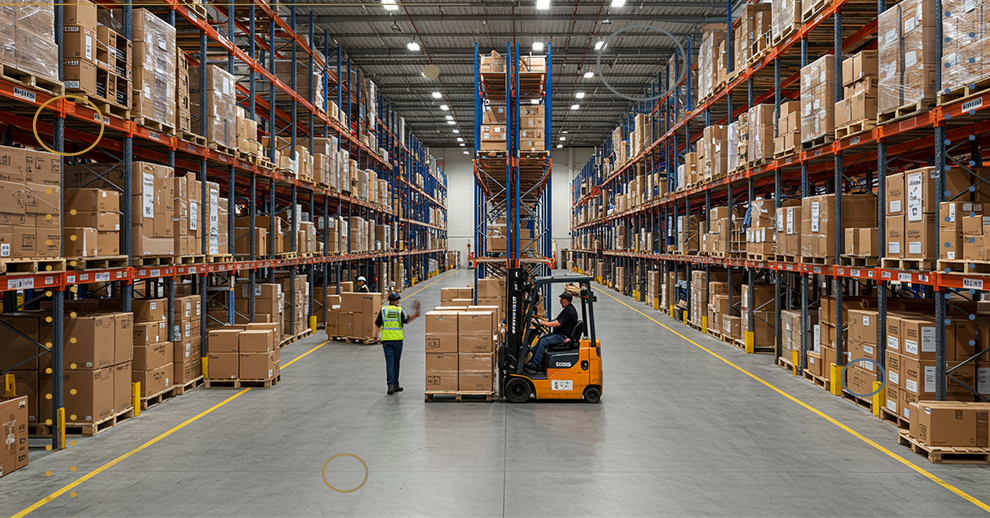
Location
Choosing a storage unit close to your home or business is both practical and cost-efficient.
A short travel distance saves time and reduces transportation costs, especially if you frequently need access to your stored items.
According to a survey by DSSV, 70% of customers prefer storage units located less than 10 km from their home or office.
This proximity ensures greater convenience and flexibility.
Access and Opening Hours
Ensure the storage unit's access hours match your needs.
Some providers offer 24/7 access, while others have fixed opening hours.
Terms and Rental Agreement
Read the rental agreement carefully and pay attention to details such as cancellation policies, price changes, and insurance conditions.
Price
Compare prices from different providers.
Also, watch out for hidden costs such as deposits or insurance fees.
Climate Control
Climate-controlled storage units offer a controlled environment that protects against extreme temperatures and humidity.
This is especially important for sensitive items such as electronics, artwork, antiques, or documents.
According to a study by DSSV, demand for climate-controlled units is increasing by about 15% annually.
These units ensure that your valuable belongings remain in top condition.
Provider Reputation
Research the provider's reputation.
Customer reviews and recommendations can be helpful.
Access to Additional Services
Some providers offer additional services such as transportation, packing materials, or insurance.
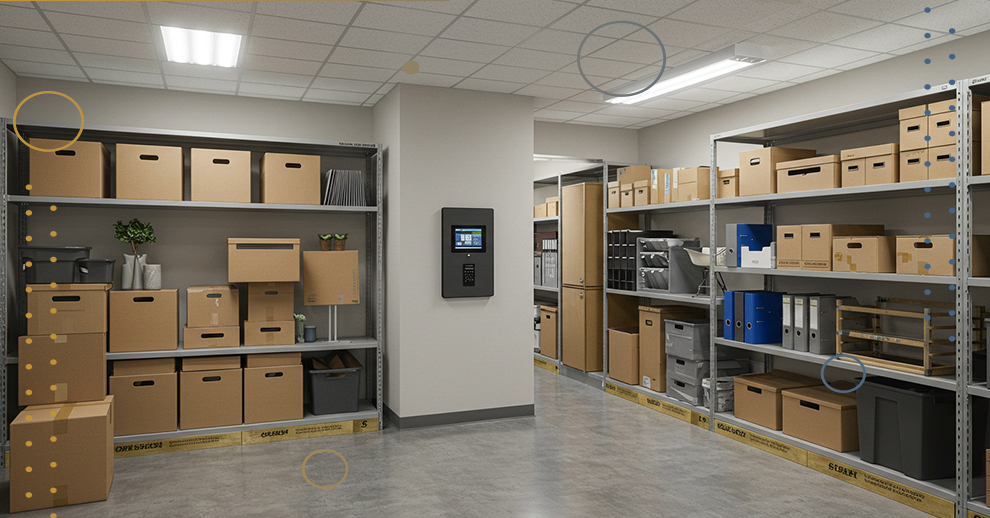
Where Can You Rent Storage Space? Options and Locations
There are different options for renting storage space:
Self-Storage Providers
Self-storage companies are the most well-known option.
They offer flexible rental contracts and a wide range of storage unit sizes.
Warehouses or Storage Halls
Warehouses and storage halls are ideal for businesses or individuals who need to store large quantities.
These spaces often offer hundreds of square meters and are perfect for goods, machinery, or bulky items.
According to DSSV, about 40% of customers rent storage spaces for business purposes, particularly online retailers and tradespeople.
Rental costs vary depending on location and size, but these options often come with long-term contracts and additional services such as logistics support.
Moving Companies with Storage Services
Some moving companies also offer storage services, especially if you need temporary space during a move.
Vehicle or Garage Storage
Special storage units and garages provide the perfect solution for storing vehicles such as cars, motorcycles, or boats, as well as bulky items like furniture or machinery.
These units are often larger and taller than standard storage spaces to provide sufficient room.
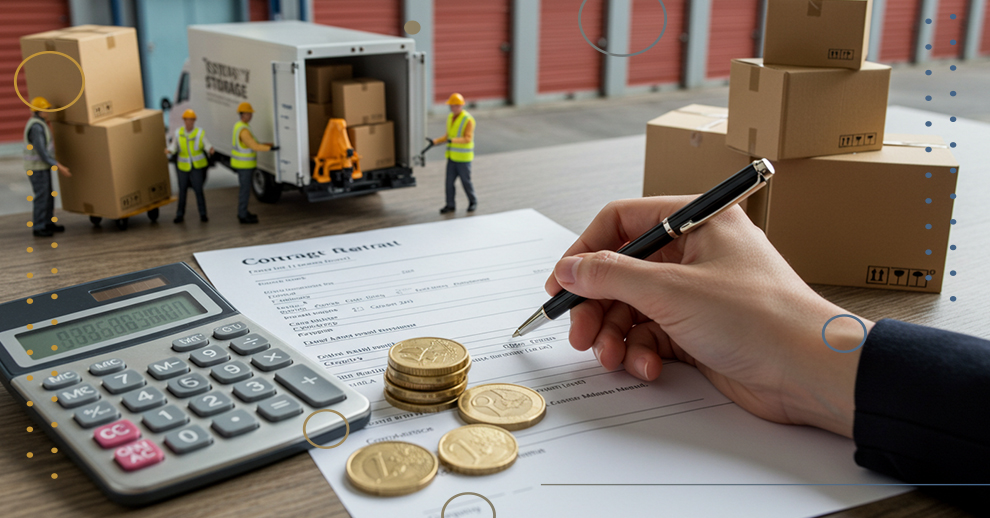
Costs and Contracts for Renting Storage Space
The cost of renting a storage unit depends on various factors, including size, location, and rental duration. Here are some key aspects to consider:
Costs
Storage unit prices depend on factors such as size, location, and rental duration.
In urban areas, prices are typically higher than in rural regions.
According to DSSV, the average cost for a 5 m² storage unit is around €50–100 per month.
Hidden costs such as deposits, insurance, or fees for additional services should be considered when planning.
Comparing prices can help you find the best deal.
Contractual Aspects
Read the rental agreement carefully and clarify questions regarding cancellation periods, price changes, and insurance conditions.
Tips for Using a Rented Storage Unit
To make the most of your storage space, consider the following tips:
Planning and Organization
Plan how you want to use the storage unit.
Label boxes and create an inventory list of stored items.
Efficient Use of Space
To maximize available space, shelves and stackable boxes are essential.
Shelves help utilize vertical space, while stackable boxes create order and save space.
Protection of Stored Items
Use appropriate packaging materials and ensure that fragile items are protected.
Conclusion
Renting a storage unit is a practical solution for solving space issues and securely storing important items.
By clearly defining your needs, choosing the right provider, and using the storage space efficiently, you can make the most of this option.
Whether you need storage for personal or business purposes, the above tips and information will help you be well-prepared.
At Goldpferd, you can rent a storage unit easily, securely, and conveniently, with all the facilities and requirements you need.